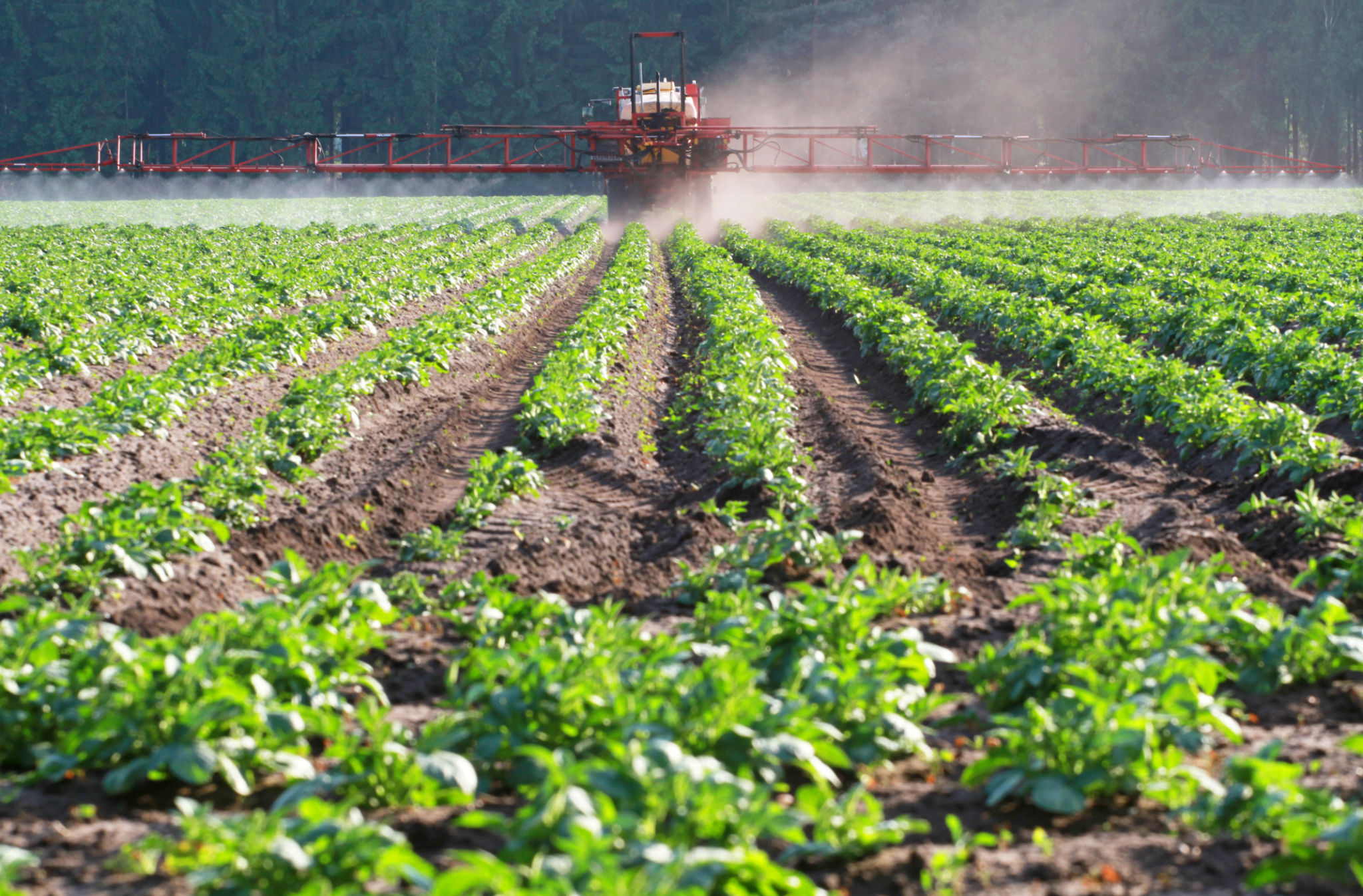Round Up vs. Local Alternatives: Making the Right Choice for Your Land
Understanding Round Up: What You Need to Know
Round Up is a widely recognized herbicide used by farmers and gardeners to control weeds. Its active ingredient, glyphosate, has been effective in targeting unwanted plants without harming crops. However, concerns about its environmental and health impacts have led many to seek alternatives. Understanding the pros and cons of Round Up can help landowners make informed decisions.
One of the main advantages of using Round Up is its efficacy. Known for its fast-acting results, it eliminates weeds efficiently, saving time and effort. On the downside, studies have raised questions about potential health risks associated with glyphosate exposure, prompting some to consider other options.

Exploring Local Alternatives
For those looking to reduce reliance on chemical herbicides, local alternatives offer a promising solution. These options often include natural and organic ingredients that can effectively manage weed growth while being kinder to the environment. Here are some common local alternatives:
- Vinegar Solutions: Acetic acid in vinegar can be used as a natural weed killer.
- Salt Mixtures: Salt can dehydrate and kill weeds, but use with caution to avoid affecting soil health.
- Boiling Water: Pouring boiling water over weeds is an eco-friendly way to control growth.
Each of these methods has its advantages and limitations, making it essential to assess your specific needs and land conditions before opting for a particular approach.

Environmental and Health Considerations
When choosing between Round Up and local alternatives, considering the environmental and health implications is crucial. Round Up has been under scrutiny for its potential impact on biodiversity, particularly affecting beneficial insects and pollinators. Additionally, runoff could lead to water contamination.
In contrast, local alternatives typically pose fewer risks to the environment. Organic solutions often break down more quickly and reduce the chances of harm to non-target organisms. This eco-friendly approach aligns with sustainable land management practices.

Cost and Availability
Cost is another significant factor when deciding between Round Up and local alternatives. Round Up can be more cost-effective in the short term due to its potency and widespread availability. However, repeated use may lead to increased costs over time as resistance builds up in weeds.
Local alternatives might initially seem more expensive or labor-intensive, but they often become more economical in the long run. By promoting healthier ecosystems, these methods can reduce the need for future interventions.
Making the Right Choice for Your Land
The decision between Round Up and local alternatives ultimately depends on your land management goals, budget, and values. If immediate results and ease of use are priorities, Round Up might be suitable, provided precautions are taken. For those prioritizing sustainability and health, local alternatives offer a viable path.
Consider conducting a small-scale trial of different methods to observe their effectiveness in your specific environment. This approach allows you to gauge which option aligns best with your needs without fully committing until you're confident in your choice.

In conclusion, both Round Up and local alternatives have their place in land management. By weighing the pros and cons, you can make an informed decision that benefits not only your land but also the broader ecosystem. Whether you choose conventional herbicides or opt for natural solutions, a thoughtful approach will lead to healthier, more sustainable land stewardship.